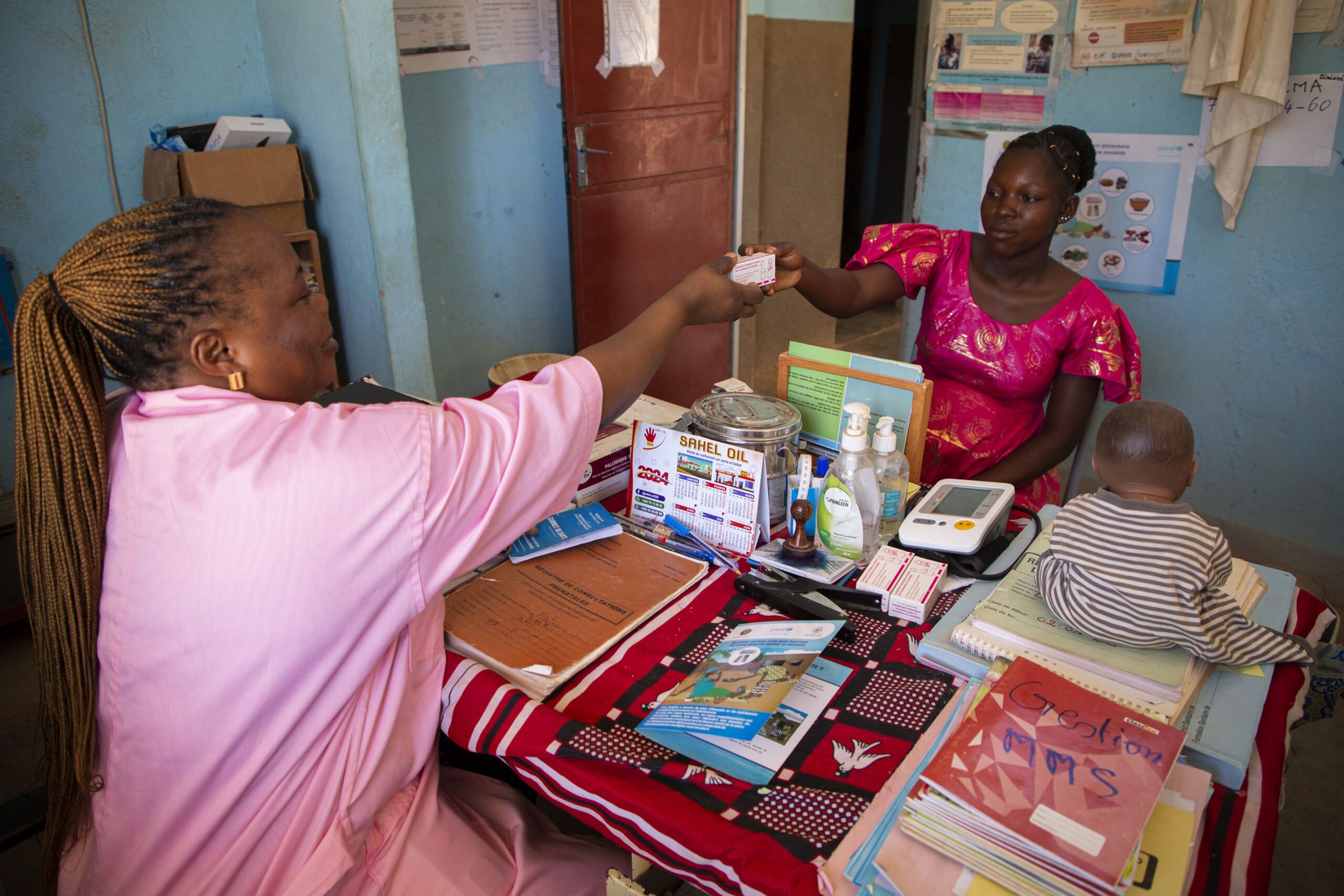The malnutrition crisis is set to get scarier globally with at least fresh 40 million children projected to face hunger’s worst effects by 2050 due to climate change, the latest Goalkeepers report has shown.
But increased investment in health by world leaders could stave off this extremely disastrous scenario and spur economic growth, the 8th annual report released by the Bill & Melinda Gates Foundation on Tuesday revealed.
Titled “A Race to Nourish a Warming World,” the report urged governments and other critcal stakeholders to increase spending to boost children’s health and nutrition, especially in the face of the global climate crisis.
It projected that without immediate global action, “climate change will condemn an additional 40 million children to stunting and 28 million more to wasting between 2024 and 2050.”
“Scaling up solutions now can avoid this outcome, while also building resilience to climate change and spurring much-needed economic growth,” the report noted.
- Nigeria’s economy stagnated – Bill Gates
- Bill Gates speaks on Tax collection, other issues in Nigeria
In 2023, the World Health Organization estimated that 148 million children experienced stunting, a condition where children don’t grow to their full potential mentally or physically, and 45 million children experienced wasting, a condition where children become weak and emaciated, leaving them at much greater risk of developmental delays and death.
Bill Gates, the report’s author and co-chair of the foundation, described malnutrition as “the world’s worst child health crisis,” worsened by climate change.
“Today, the world is contending with more challenges than at any point in my adult life: inflation, debt, new wars. Unfortunately, aid isn’t keeping pace with these needs, particularly in the places that need it the most,” Gates stated.
“I think we can give global health a second act—even in a world where competing challenges require governments to stretch their budgets,” he added.
Decline in funding
Stunting and wasting constitute the most severe and irreversible forms of chronic and acute malnutrition which is most pronounced in Africa. The situation has become disturbing amidst a sharp drop in foreign aid to African countries in recent years.
According to the report, 40% of foreign aid went to African countries in 2010, but the number is now down to just 25%—the lowest percentage in 20 years—despite more than half of all child deaths occurring in sub-Saharan Africa.
“This trend leaves hundreds of millions of children at serious risk of dying or suffering from preventable diseases and threatens the unprecedented progress the world made in global health across Africa between 2000 and 2020,” it added.
Getting out of the wood
Amidst this crisis, Gates called for sustained global health funding; immediately addressing the growing threat of child malnutrition by supporting the Child Nutrition Fund, a new platform that coordinates donor financing for nutrition; and governments fully funding the established institutions that have proven effective at protecting millions of lives each year. These institutions include Gavi, the Vaccine Alliance, and the Global Fund to Fight AIDS, Tuberculosis and Malaria.
“If we do these three things, we won’t just usher in a new global health boom and save millions of lives—we’ll also prove that humanity can still rise to meet our greatest challenges,” Gates noted.
The report reflected on catastrophic economic costs of malnutrition and highlighted solutions to mitigate them. The World Bank estimates the cost of undernutrition at $3 trillion in productivity loss every year. In low-income countries, the loss ranges from 3% to 16% (or more) of GDP.
“The best way to fight the impacts of climate change is by investing in nutrition…Malnutrition makes every forward step our species wants to take heavier and harder. But the inverse is also true. If we solve malnutrition, we make it easier to solve every other problem. We solve extreme poverty. Vaccines are more effective. And deadly diseases like malaria and pneumonia become far less fatal,” Gates disclosed.
According to the report, some of the proven tools that help in solving malnutrition, building people’s resilience to the worst impacts of climate change and driving down childhood deaths include new agricultural technologies that produce up to two to three times more milk and safer milk, which can prevent millions of cases of child stunting by 2050.
Efforts to provide a high-quality prenatal vitamin for pregnant women can also save almost half a million lives and improve birth outcomes for 25 million babies by 2040, the report stated.

 Join Daily Trust WhatsApp Community For Quick Access To News and Happenings Around You.
Join Daily Trust WhatsApp Community For Quick Access To News and Happenings Around You.

